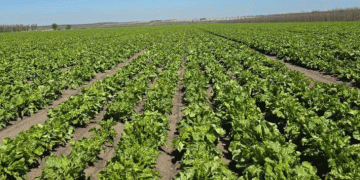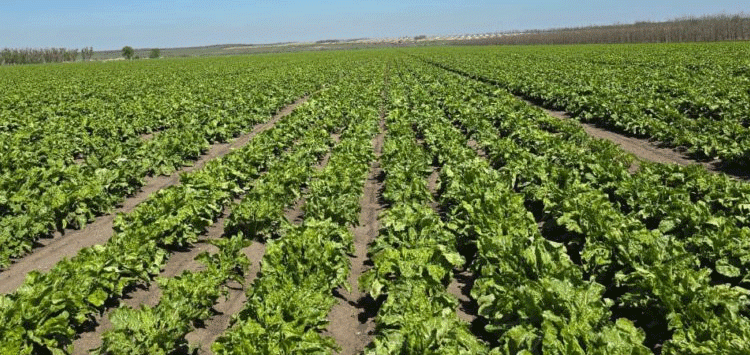Farmers and agronomists in the Ipatovsky District of Russia’s Stavropol Krai have embarked on an ambitious project—cultivating hybrid sugar beet seeds across a 51-hectare trial plot. According to the regional governor’s press service (June 11, 2024), these seeds promise greater yield stability under adverse conditions and improved post-harvest storage.
Why Hybrid Seeds Matter
Hybrid sugar beet seeds are engineered for superior performance, combining disease resistance, drought tolerance, and higher sucrose content. Globally, hybrid beet varieties have increased yields by 20-30% compared to conventional seeds (FAO, 2023). With climate change intensifying weather extremes, such traits are critical for sustainable farming.
Reducing Import Dependence
Russia currently imports a significant portion of its sugar beet seeds, primarily from the EU. However, domestic seed production is rising—Stavropol Krai alone has expanded its output by 15% since 2022 (Ministry of Agriculture of Russia, 2024). Vera Sheykina, head of Ipatovsky District, emphasized that local expertise in seed cultivation made the region ideal for this project, which aligns with national food security goals.
Global Trends and Local Potential
Europe leads in sugar beet hybrid innovation, with yields averaging 75–80 tons/ha (Eurostat, 2023). If successful, Russia’s hybrid program could narrow this gap while cutting costs for farmers. Governor Vladimir Vladimirov highlighted that Stavropol’s focus on seed autonomy mirrors broader federal efforts to strengthen agricultural resilience.
The Ipatovsky initiative marks a pivotal step in Russia’s push for agricultural self-reliance. By adopting hybrid sugar beet seeds, farmers could achieve higher productivity, reduce import dependency, and better withstand climate challenges. Continued investment in R&D and local seed production will be key to long-term success.































